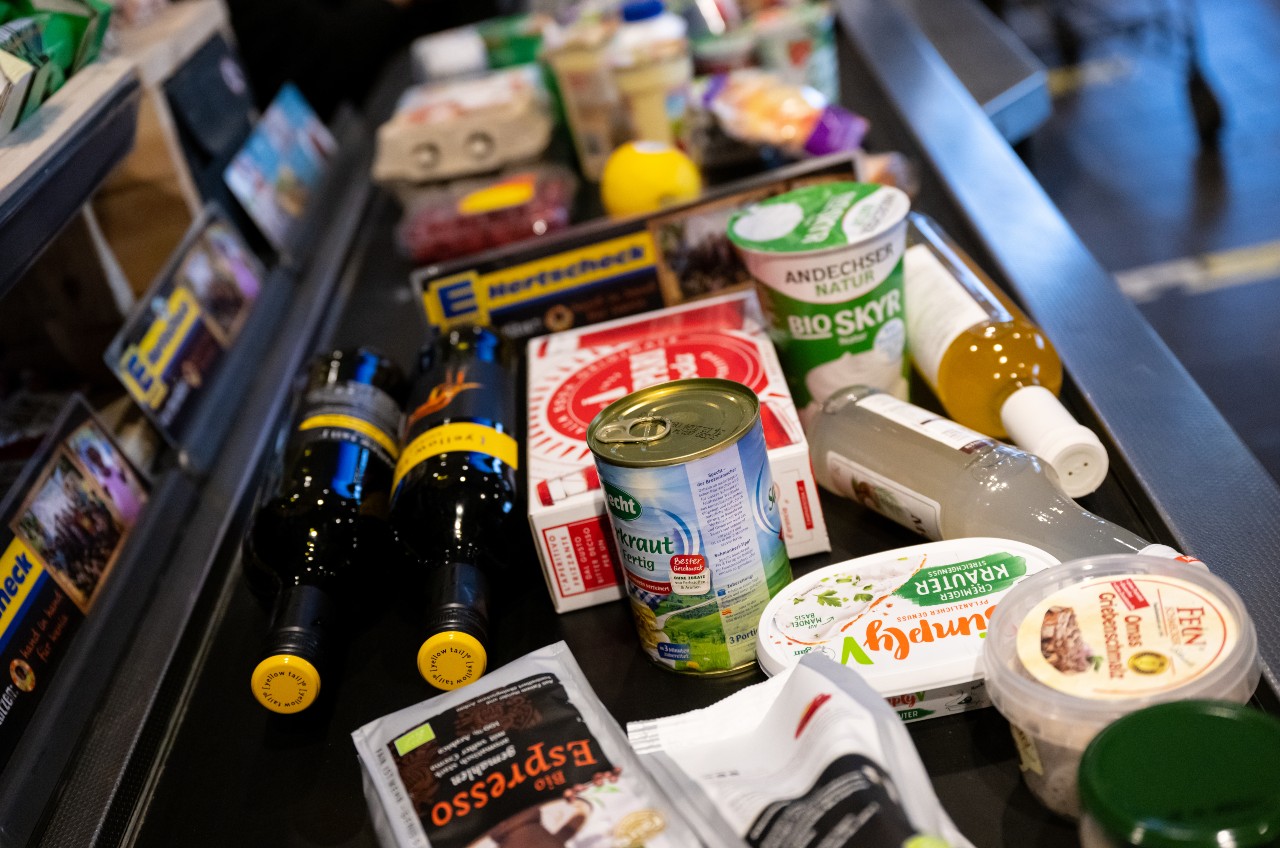The year 2024 will see the return of Germany’s controversial debt brake, meaning borrowing will be capped at just 0.35 percent of the GDP as the country seeks to plug a €17 billion black hole in the budget. That means the coalition has been clamouring to cramp down on spending, making cuts to everything from funds to fight climate change to Elterngeld, or parental allowance while on parental leave.
Politicians have vowed there would be a few exceptions - namely additional relief for those impacted by flooding in Germany’s Ahr Valley in July 2021, and more military aid to Ukraine, especially if Russia continues to intensify its attacks.
The Bundestag approved the final budget with a majority on February 2nd. Spending of around €477 billion is planned with additional debt of €39 billion. The Bundesrat, which represents the states, is set to approve this also on February 2nd.
However, some of the budget trimming measures which affect people living in Germany, are set to be implemented in a separate law, which also has to pass the Bundesrat.
If you want to hear The Local team discuss the budget measures, check out our podcast:
LISTEN: Strikes, protests and the far-right: The challenges facing Germany in 2024
Here's a look at five budget cuts to look out for:
Agricultural cuts
Over 5,000 tractors made their way to Berlin last month to protest major financial changes to agricultural policy.
Two agricultural subsidies have been earmarked to fall victim to the cuts: a tax break for the purchase of agricultural and forestry equipment and a subsidy for buying agricultural diesel.
Despite the government pledging to phase out the diesel subsidy more gradually, the farmers say this isn't enough.
They say the cuts will directly trickle down to already cash-strapped households as the prices for basic goods such as dairy products and wheat increase.
READ ALSO: ANALYSIS: Why are German farmers so angry?

Stricter unemployment conditions (but in some cases more benefits)
While Germany is going ahead with its planned increase of Bürgergeld, jobseekers who aren't looking hard enough to find work or seem uncooperative will face higher sanctions from the jobcentre.
In another painful alternation, financial bonuses for people who undertake further training will also be scrapped for now.
Yet the government isn’t tightening its coffers when it comes to unemployment benefits: including plans to raise unemployment benefits by €61 to €563 per month and also introduce a universal child benefit that would package all previous child support measures into one and cost the government an extra €2.4 billion per year.
Higher energy costs
The tax on CO2 emissions, which is currently set at €30 per tonne, has gone up more than previously planned at the start of next year.
From January 2024, each tonne of CO2 emissions will be taxed at a rate of €45 per tonne as opposed to €40. Households are likely to feel this change most when purchasing products with a high carbon footprint such as energy, petrol and meat.
The government is also planning to introduce a tax on plastic that could impact the price of products in plastic packaging, such as toiletries and certain groceries.
Less funds for higher earning new parents
Couples and single parents who welcome a child after April 1st of this year will only receive Elterngeld (parental allowance) if their joint taxable income is less than €200,000, down from a previous maximum of €300,000. In 2025, the limit will fall further to €175,000.
Single parents can receive Elterngeld, which is paid out during Elternzeit (parental leave), up to an income of €150,000.
The move was previously set to apply to a couple's joint taxable income of €150,000, but the limit was pushed upwards amid protests that it would affect too many families and disadvantage working women in particular.
READ ALSO: Elterngeld: How Germany plans to change parental allowance
Higher prices for plane travellers
Germany is also increasing its Luftverkehrsabgabe or 'aviation taxation and subsidies' air traffic tax, which means flights are set to become much pricier starting in May 2024.
The Finance Ministry stipulates that the ticket tax will be raised to between €15.53 and €70.83.
It will rise on May 1st by almost a fifth depending on the final destination of the journey. This means that if a flight within Germany or to member states of the European Union cost €12.73 per passenger per journey in 2023, the tax will rise to €15.53 from May. For air travel of more than 6,000 kilometres, the tax will now be €70.83 per passenger instead of €58.06.

Comments (1)